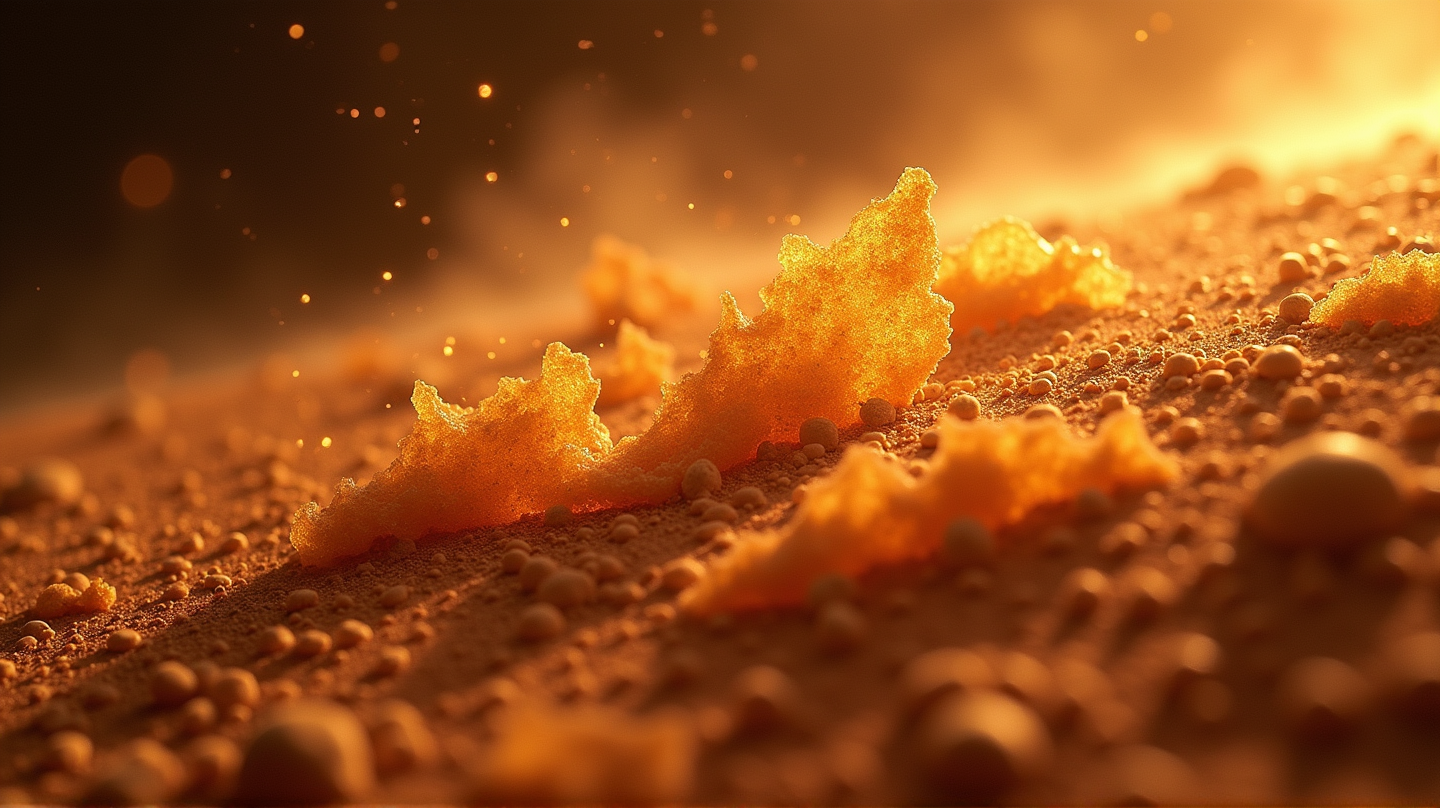Baker’s Yeast Survives Alien Stress: A Hopeful Clue for Life on Mars!
Key research reveals baker’s yeast survives harsh Mars-like conditions, hinting at life's potential adaptability beyond Earth.

In an intriguing juxtaposition of the humble and the alien, scientists from the Indian Institute of Science (IISc) and the Physical Research Laboratory (PRL) have unearthed promising signs that life, at its simplest form, might withstand the severe conditions found on Mars. Their medium? The unassuming baker’s yeast, known scientifically as Saccharomyces cerevisiae.
Unlikely Survival Heroes
For centuries, humans have leveraged yeast primarily for culinary pursuits, but who would have thought that this simple organism could hold clues to life enduring another planet’s harsh environs? The recent groundbreaking study has demonstrated yeast’s ability to thrive under Martian stressors.
Battered by extreme conditions mirroring those of the Red Planet—shock waves and toxic chemicals—yeast not only survived but also displayed resilience once thought impossible.
Testing the Limits of Yeast
Researchers, led by Riya Dhage, took the yeast to its limits, subjecting it to shock waves and sodium perchlorate, toxins found in Martian soil. Despite these harsh tests, yeast’s remarkable defenses kicked in, illustrating an unsuspected flexibility in basic life forms.
According to Earth.com, this yeast adapted through the creation of RNP condensates, acting as life-saving shelters within the cellular structure.
Cellular Strategies for Success
How did these microscopic organisms defy expectations? As survival pressures mounted, yeast formed special protein clusters which reorganized cellular RNA during moments of crisis. These RNP condensates are now recognized as pivotal to surviving Martian-like shock and chemical assaults.
Rewriting the Rules of Adaptation
The research unveiled that DNA and RNA sequencing unlocks fascinating processes: yeast leverage gene changes to regulate and conserve energy, a strategy that moderates their growth in favor of durability. This insight into yeast adaptability brings a new angle to astrobiology and the potential for forms of life beyond Earth.
Yeast’s Resilience: A Model for Mars
By unlocking the yeast’s survival mechanisms, this study doesn’t just raise the prospect of microscopic life on Mars, but it could also influence future space exploration missions. According to Professor Purusharth Rajyaguru, these findings may pave the way for yeast to tag along on space expeditions, possibly aiding in astrobiological research and space medicine innovation.
Baker’s yeast, though tiny, might prove to be a building block in humanity’s quest to understand life beyond our blue planet, offering clues on resilience and adaptability in the vast universe.
This research has been spotlighted in the prestigious PNAS Nexus journal, hinting at the grand possibilities held in our future endeavors on Mars.

